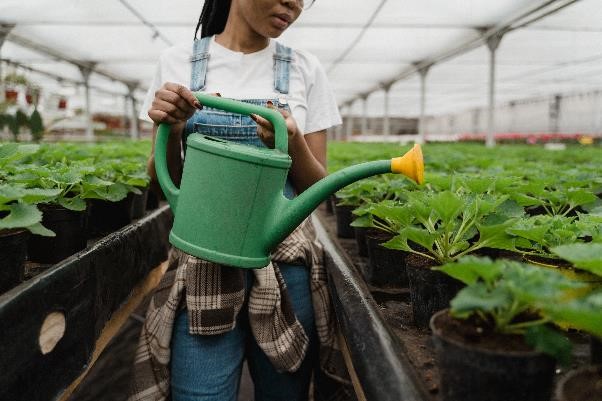
What is empowerment? Who should be empowered and why? More often than not, when issues around empowerment arise and are under discussion, women often come to mind. At least from an assessment among my friends. Why is that? The United Nations defines empowerment as active participation in decision-making, equal opportunity, economic freedom, and the right to give an opinion and access to productive resources that can increase earnings. It further includes giving strength to fight against any inequalities and getting self-respect and confidence. That, to me, is a compelling gender-sensitive statement containing words that are prominent in today’s dialogues, especially at international, national, and local leadership levels. Tackling the question of who needs to be empowered and why women often come to mind first can be answered by empirical evidence albeit also, the way mainstream media reports about it can be a source of how most people conclude who needs empowerment between men and women, boys and girls.
The definition above highlights vital areas of empowerment to include economic, Social, Educational, Political, and Psychological. These areas are mainly reflected in the form of information, resources, encouragement, accountability, etcetera at different levels and to different genders. There are ways in which the needs and priorities of men and women, boys and girls can be reached. Which is the first step. The second step is making available/giving empowerment to all individuals and groups irrespective of gender, which should not be confused with sex (the biological aspect) but taken in the context defined by Sender and Smith (2012) as the socially constructed difference between women and men. Creating a leveled platform to access resources and opportunities is a step to effectively measure empowerment. Figure 1 highlights some of the concepts that are centered around empowerment.

Last but not least, one must take up the opportunities/resources made available and make a difference to the initial status. That means getting rid of barriers of all kinds, social, personal, economic for change in the empowered individual. However, hindrance in the uptake can be the reason why women, are viewed as less empowered.
Empowerment is personal and multidimensional, yet some systems govern how these individual choices are made and subsequently affect the goal of empowerment. Patriarchal systems in some sections of society tend to control aspects such as decision-making power, access to resources and income, freedom of speech, and so forth. Deep-rooted social and cultural elements and are of great concern. Sadly, these systems are prominent in the developing worlds where poverty levels are high and are food insecure, whose economic activities are mainly dependent on agriculture. Yet, women who are hindered by such as system make up approximately 80% of the farmers.
Empowerment activities should continue to provide resources and opportunities; however, their impacts can be more effective when traditional norms that govern important aspects such as decision-making powers and access to resources within households, communities, and beyond are dealt with. The results of empowerment can be equality between men and women for increased productivity, poverty reduction, dignity and self-respect, and others, and growth in innovation and skills, especially in the agriculture sector. The combined effort to create a better society, much less in a constantly changing environment, needs everyone on board, ensuring fair and equal resources distribution, thereby achieving the SDGs.
Bibliography
Bank, W., Food, Organization, A. and Development, I. F. f. A. (2008) Gender in agriculture sourcebook. The World Bank.
Johnson, N., Balagamwala, M., Pinkstaff, C., Theis, S., Meinsen-Dick, R. and Agnes, Q. (2018) ‘How do agricultural development projects empower women? Linking strategies with expected outcomes’, Journal of Gender, Agriculture and Food Security (Agri-Gender), 3(302-2019-3652), pp. 1-19.
Sender, J. and Smith, S. (2012) Poverty, class and gender in rural Africa: a Tanzanian case study. Routledge.
http://www.fao.org/docrep/015/i2490e/i2490e01b.pdf(Bank et al., 2008)
